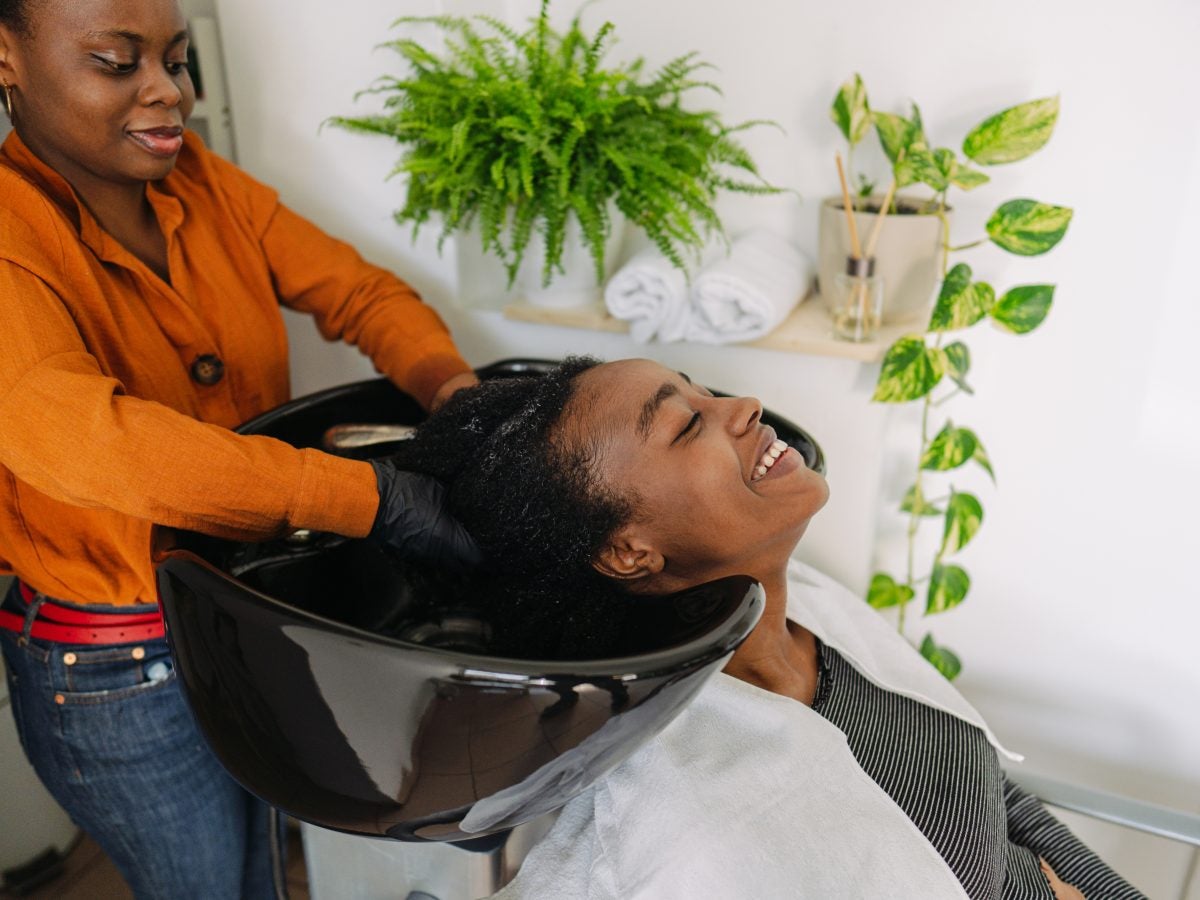
Beauty salons are one of the many sanctuaries for women. Hairstylists are the masters of beauty and keepers of secrets. The bond formed between beauticians and the clients who entrust their tresses to them can go beyond a biweekly visit, which is why Tennessee is the latest to require beauty workers to complete training on how to recognize and respond to signs of domestic abuse.
According to a news release from the Tennessee Department of Commerce & Insurance, effective January 1, the state requires licensed beauty professionals to complete up to one hour of anti-domestic violence training either in person or online, at no cost. Current beauty industry professionals have two years to complete the approved training. Students and instructors in cosmetology schools will need to certify they have taken the training before receiving their license.
The law, however, does not require mandatory domestic violence reporting.
Introduced by a Tennessee salon owner who is also a domestic violence survivor, with the assistance of a local YWCA, the initiative couldn’t arrive any sooner.
The country saw an uptick of domestic violence reports during quarantine. The National Commission on Covid-19 and Criminal Justice reported that incidents increased 8.1% after the imposition of lockdowns orders in 2020. Social isolation paired with the financial and emotional stress of the COVID-19 virus amplified the risk of abuse.
Tennessee Rep. Sam Whitson said of his participation, “The COVID-19 pandemic showed that not everyone is safer at home…we have a much better and stronger law because of the pandemic.”
State of Tennessee Board Executive Director Roxana Gumucio noted, “Most domestic violence victims will not report abuse to law enforcement, but they will tell someone with whom they have a long-standing relationship, such as a cosmetologist or barber. Tennessee beauty professionals have a unique position to help identify domestic violence and assist victims.”
A 2012 CDC survey revealed that 45.1% of Black women and 40.1% of Black men have experienced intimate partner physical violence, intimate partner sexual violence and/or intimate partner stalking in their lifetimes. Despite the statistics, African Americans experiencing abuse are less likely to call law enforcement for fear of police brutality. The reasonable distrust of law enforcement within the Black community means that Black women may be more likely to continue experiencing abuse. Racist policies also reveal how disproportionately Black women are affected by domestic violence.
The National Domestic Violence Hotline observes that, Black women are especially likely to be criminalized, prosecuted, and incarcerated while trying to navigate and survive the conditions of violence in their lives. Compared to other groups, Black women are 80% more likely to be convicted for killing their abusive partner when defending themselves from abuse.
If you need immediate help, call the National Domestic Violence Hotline at 1-800-799-7233. WomensLaw.org also has legal information and helpful resources by state.